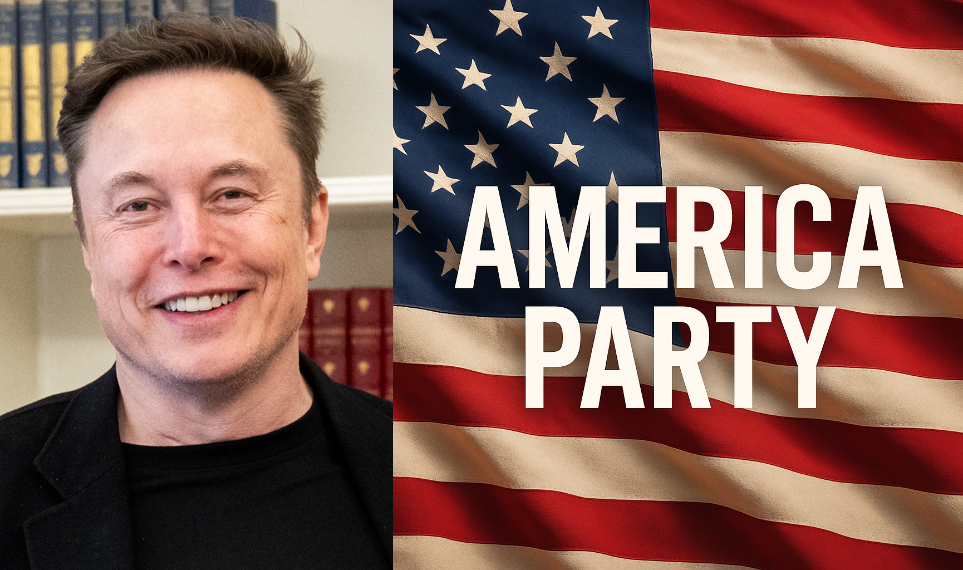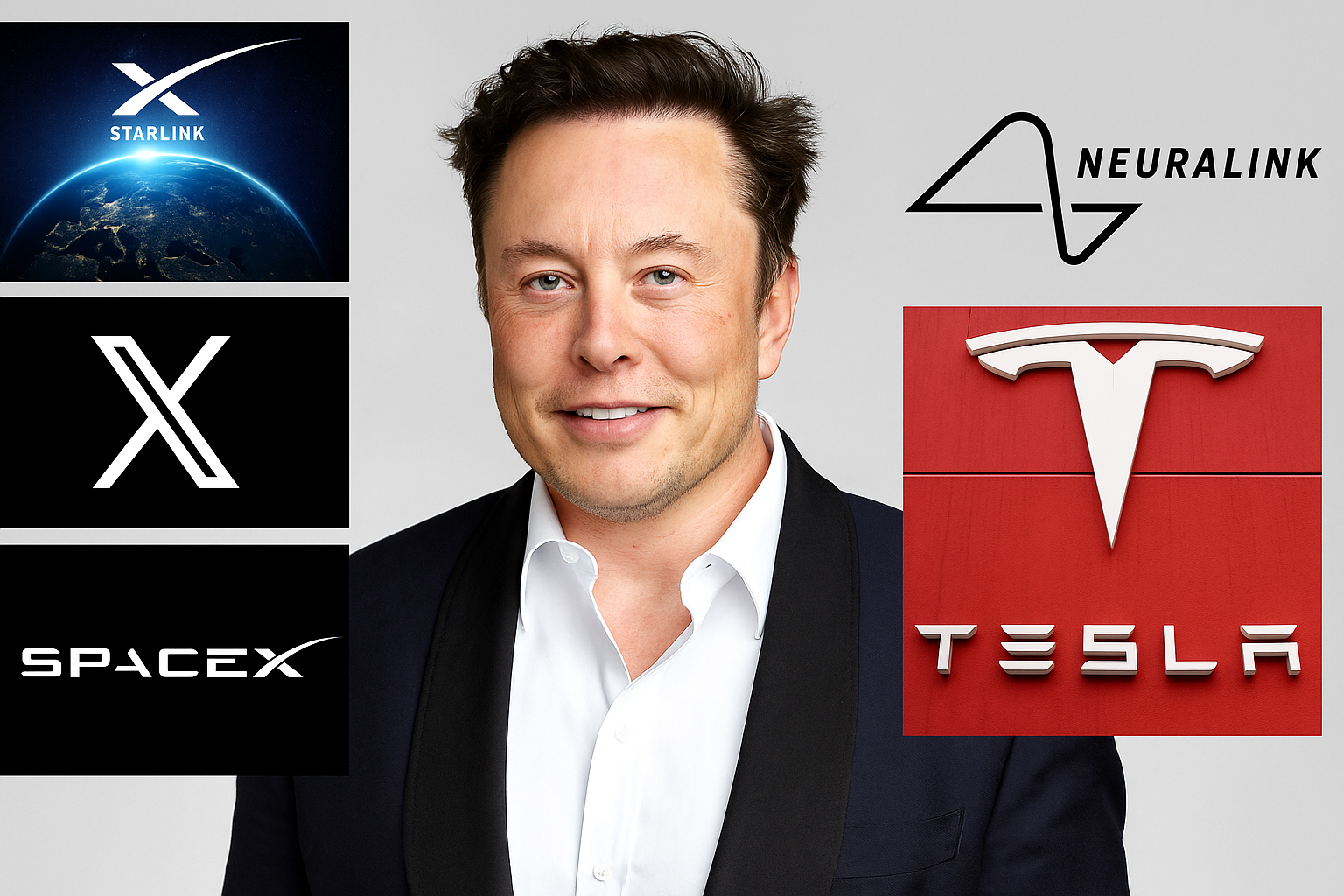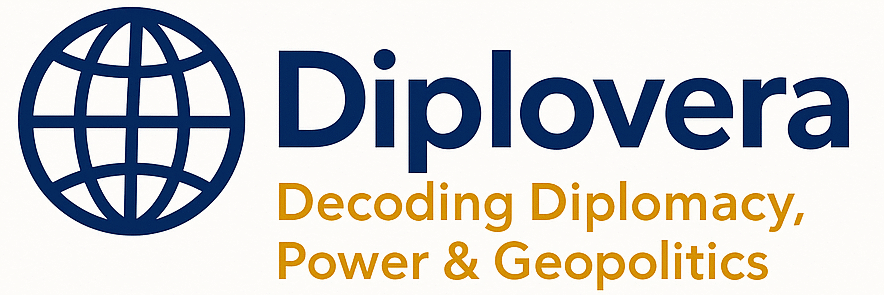The America Party: A New Chapter in U.S. Politics — or Just Another Footnote

On July 4th, Elon Musk announced the formation of a new political movement called the America Party, aimed at challenging the dominance of the Republican and Democratic parties in the United States. Using his social media platform, he posed a direct question to the public: “Independence Day is the perfect time to ask if you want independence from the two-party (some would say uniparty ) system! Should we create the America Party?” The poll received over 1.2 million votes, with 65.4% in favor and 34.6% opposed. Following the results, Musk declared the party would be officially formed. He criticized both major U.S. parties as corrupt and fundamentally similar, arguing that the two-party system no longer serves the people. The America Party, he said, would be created to “give people back their freedom” and break what he described as a political monopoly.
For over 150 years, American politics has been dominated by two major parties: the Democrats and the Republicans. From presidential races to local legislatures, the political landscape has largely remained a contest between these two. While this system is often credited with providing stability, it has also limited ideological diversity and voter choice. The Democratic Party, established in 1828 during Andrew Jackson’s presidency, initially represented farmers and the working class. Over time, it evolved into a platform championing social welfare, civil rights, and economic reform, especially during the New Deal era. The Republican Party was founded in 1854 in opposition to slavery, with Abraham Lincoln as its first elected president. By the 20th century, it became known for promoting business interests, free-market economics, and tax cuts. Why Third Parties Have Failed to Break Through? Though alternative political movements have emerged over the decades, third parties in the U.S. have struggled to survive or scale. Notable efforts include President Theodore Roosevelt’s Bull Moose Party in 1912, which won 88 electoral votes but faded soon after. In 1992, Ross Perot captured 19% of the popular vote but failed to win any electoral votes. The obstacles are systemic: limited funding, weak organizational support, minimal media exposure, and a persistent public perception that third-party votes are "wasted." As a result, even established efforts like the Libertarian or Green Party rarely exceed 3–4% in national contests. At the core is America’s winner-takes-all electoral system, which inherently favors a two-party outcome and leaves little space for outsiders to compete meaningfully.
Tensions between Elon Musk and President Donald Trump escalated in early June over the controversial “Big Beautiful Bill” — a tax and spending package that proposed sweeping budget cuts. The disagreement strained their relationship and pushed Musk to formally distance himself from the Trump administration. The fallout began on May 27, when Musk criticized the bill on X, calling it reckless and damaging to the economy and industrial base. He warned that it would cost millions of American jobs and hurt the country’s long-term strategy. Hours later, Musk resigned from the DoGE council, signaling a clear break. Trump responded by accusing Musk of opposing the bill for personal reasons, claiming it impacted electric vehicle subsidies. “When we proposed relaxing EV mandates, Elon had a problem. I’m disappointed — I helped him a lot,” Trump said at a press conference on May 31, where he still described Musk as a "great friend" and symbolically presented him with a golden key. Despite the ceremony, Musk maintained his criticism — particularly after the bill was signed into law on July 4. “I’m sorry, but I can’t take it anymore,” Musk wrote. “This bill is filled with wasteful and unnecessary spending — it’s a crime. Those who voted for it should be ashamed.” This public clash exposed deeper ideological divides. While Trump leaned into symbolic politics and short-term strategy, Musk positioned himself as a critic of wasteful governance — laying the groundwork for what would become the America Party.

On July 13, 2024, President Donald Trump survived an assassination attempt at a rally in Butler, Pennsylvania, where a bullet grazed his right ear. The incident shocked the nation and prompted Musk to publicly endorse Trump’s campaign. But Musk didn’t stop there. He reportedly spent over $300 million during the election cycle to support Trump’s return to office. After Trump’s victory, Musk’s political influence surged — some even referred to him as a “Super President.” In January 2025, Musk was appointed to co-lead the Department of Government Efficiency (DoGE) with Vivek Ramaswamy, tasked with cutting federal spending. But within hours, Ramaswamy stepped down, and Musk became the sole leader of the department. He quickly implemented large-scale government layoffs, sparking nationwide protests. Though Trump initially stood by him, tensions grew. In a March 8 cabinet meeting, Musk confronted Secretary of State Marco Rubio over his resistance to cuts. Trump backed Rubio — a rare moment of public disagreement between the two. The final break came when both parties passed the Big Beautiful Bill, despite Musk’s vocal opposition. Disillusioned by what he called a corrupt bipartisan alliance, Musk broke away from both parties, forming the America Party as an alternative.

The creation of the America Party raises an unavoidable question: Will it fade like previous third-party efforts, or become a landmark achievement in Elon Musk’s growing legacy? Unlike traditional outsiders, Musk brings a proven record of disrupting entire industries. From Tesla and Starlink to SpaceX and Neuralink, his ventures have reshaped markets. Even his controversial acquisition of X (formerly Twitter) has transformed digital political discourse. Skeptics may question whether business success translates into political traction. But Musk’s relentless execution, strategic discipline, and global reach make him an outlier. Politics, however, is a new battlefield — one that demands negotiation, public trust, and coalition-building. Can Musk disrupt politics the way he did aerospace and tech? That answer is still unfolding. But what’s clear is that this is not just a vanity project. It’s a bold attempt to reshape the structure of American power — and the world is watching closely.
If Elon Musk’s America Party takes root, it could mark a significant shift in the evolution of American democracy — one where voters are offered real alternatives beyond the traditional two-party system. In a political landscape often criticized for polarization and stagnation, the emergence of a new party led by a figure of Musk’s stature is not just bold — it's historic. Whether or not one agrees with his ideology, Musk’s decision to step into the political arena deserves recognition. It reflects the courage to challenge entrenched systems and the ambition to reimagine how leadership can function in the modern era. He is not simply criticizing from the sidelines; he is actively building an alternative. As his political journey unfolds, all eyes will be on whether he can apply his relentless drive, strategic vision, and track record of execution to the complex world of governance. Can he disrupt politics the way he did aerospace, automotive, and digital communications? Time will tell — but for now, the launch of the America Party is a powerful reminder that democracy thrives when bold ideas are given room to grow.
Google, Wikipedia, BBC, Reuters




